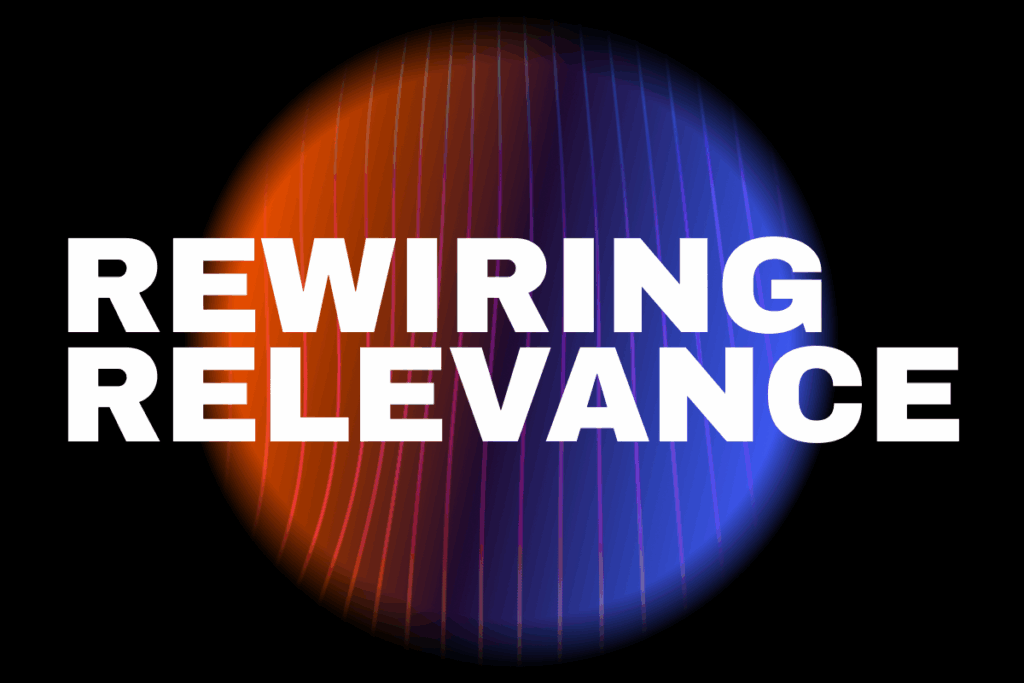Jack Blog
July 10th, 2025
 Recently, we hosted an intimate conversation with a small group of CMOs and brand leaders. We explored how relevance is no longer a static brand attribute, but a dynamic capability that must be operationalized across every touchpoint. As one executive noted, “We’re not even at the toddler stage of AI yet—but the brands that learn to walk with it will lead.”
Recently, we hosted an intimate conversation with a small group of CMOs and brand leaders. We explored how relevance is no longer a static brand attribute, but a dynamic capability that must be operationalized across every touchpoint. As one executive noted, “We’re not even at the toddler stage of AI yet—but the brands that learn to walk with it will lead.”
Here are the top 5 highlights:
- Relevance is no longer static—it’s a moving target. CMOs must redefine relevance not as a fixed brand attribute but as a dynamic capability. Marketing leaders need to deliver brand promises in real time, especially in high-stakes, high-volume environments. It’s not about trend-chasing—it’s about operational credibility and cultural presence.
- AI Is reshaping the marketing mandate to benefit customers. AI is no longer a buzzword—it’s a business imperative. AI must serve both internal efficiency and external value. Whether it’s intelligent search for HCPs, chatbot-driven pharmacy support, or AI-generated creative, AI must enhance customer experience, not just cut costs.
- Experience is the new differentiator but, with purpose. CMOs are shifting from channel-centric to experience-focused thinking by building ecosystems that deliver relevance across every touchpoint. As part of this, AI can be used to personalize interactions in real time. But as they do this, they need to remember that bold doesn’t always mean flashy, it means focus. Leaders need to terminate low-impact efforts to make room for strategic bets.
- The metrics that matter are evolving. Since the start of the Internet, we’ve seen promises about what metrics can actually measure, but now metrics are evolving in ways that AI complements. At the same time boards are asking harder questions, not just about impressions and clicks, but about brand salience, cultural visibility, and emotional resonance. Sentiment, NPS, and brand consideration are becoming the new north stars.
- Governance is the next frontier of AI adoption. The conversation ended on an important note: as AI tools proliferate, governance is becoming a strategic differentiator. CMOs should work with their peers internally to create AI boards, secure environments, and identify internal champions to ensure responsible innovation. The goal: empower teams while protecting trust.
Ultimately, CMOs continue to be architects and change agents, especially as the role of marketing leadership is evolving so quickly. They need to design systems that scale relevance and challenge legacy thinking while putting their customers at the center of all their plans.
